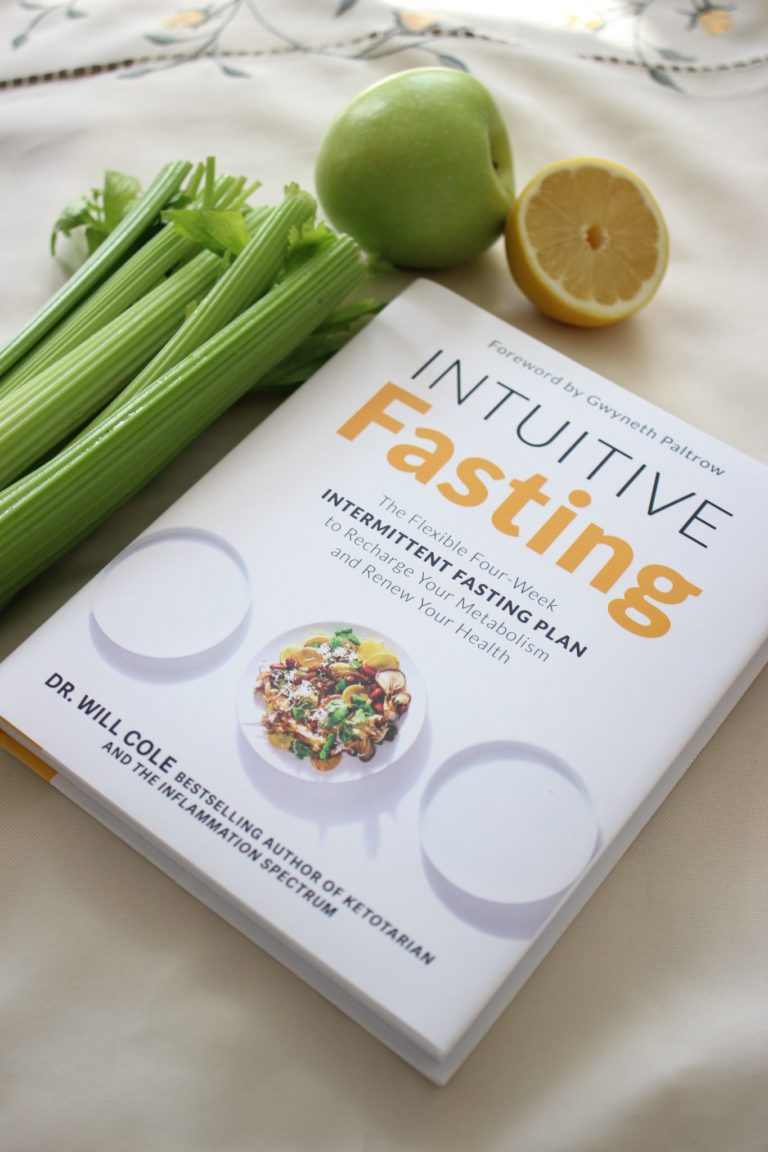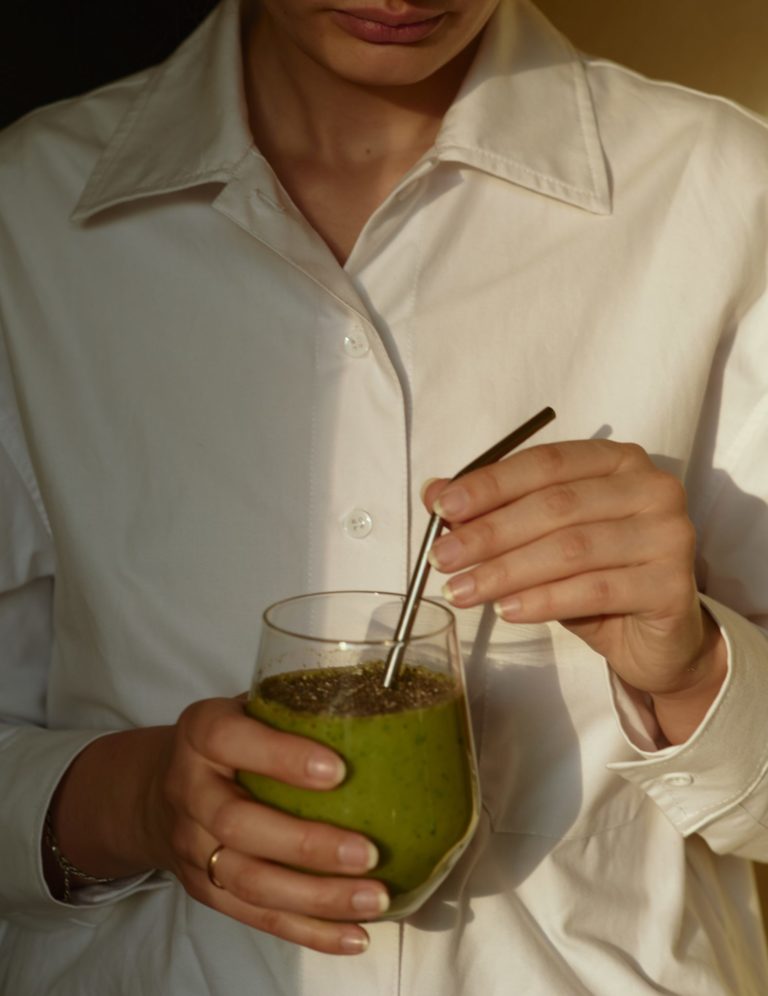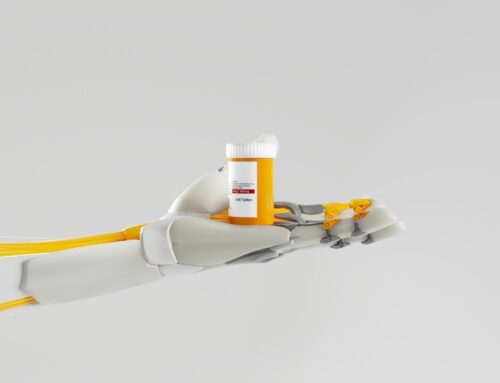TO FAST OR NOT TO FAST

It’s spring, the most beloved time of the year for wellness junkies to start bragging all over the internet about fasting, cleansing and detoxes. For many people when they read about long-hour-fast, all their brain focuses on is starvation! But starvation is something different in my mind. Starvation is when you don’t know when your next meal will be. But during fasts you usually have a very clear plan when to eat and even what to eat. But still, not everyone believes in fasting and detoxes.
The non-believers say that human bodies are completely capable and well equipped to detox on a daily basis. It’s common knowledge that the digestive tract, liver, kidneys and skin are responsible for breaking down toxins and for elimination through urine, stool or sweat. So what’s the point of suffering through complicated fasting plans that will put you under additional stress?
The believers on the other hand think that, while yes, the human body is well equipped to detox itself, with time and age our organs get overwhelmed with dealing with too much! Too much food, too many chemicals and pesticides we consume through the food and drinks and too much stress. This is why we need time to reset, to give our bodies and digestive system a break. But what does that actually mean?
There are many forms of detox and cleansing, from a very simple water fast that will cost you nothing, through to fast mimicking diets, intermittent fasting, juice fasting, soup fasting, colon hydrotherapy, chelation therapy and likely a lot more than I will ever find out about! I’ve personally tried and am still a firm believer in regular fasts and detoxes.
In the last 10-years I’ve done week-long juice fasts, colon hydrotherapy and 10-day water only fasts. In the last few years I’ve settled for 3-day fasts, twice per year, plus regular weekly 1-day juice fasting. I do these always in consideration with my period cycles.
I’m fully aware that traditional medicine does not support fasts and even says they’re complete nonsense, but I believe there’s more than enough research out there showing all the benefits of fasts and detox dieting. I also prefer to trust my own body signals and my own research in that area, rather than blindly following one or other doctors’ opinions.
“In a fast the body tears down its defective parts and then rebuilds anew when eating is resumed”
Herbert M. Shelton
Let me start with the fact that there’s nothing new about fasting. It’s not a new trend or some kind of new age invention. As hunters and gatherers millions of years ago, fasting was a norm of life. Our ancestors would eat only when they caught something and so somewhere, deep down, we have fasting as part of our genetics and psychology.

Later on fasting became one of the most ancient and widespread healing traditions in the world long before we had any scientific studies to back up its benefits. Hippocrates of Cos (c460 – c370 BC), who’s widely considered the father of modern medicine, used to prescribe among his championed treatments, the practice of fasting, and the consumption of apple cider vinegar. Hippocrates wrote, “To eat when you are sick, is to feed your illness”. The ancient Greek writer and historian Plutarch (c AD 46 – c AD 120) also echoed these sentiments. He wrote, “Instead of using medicine, better fast today”. Ancient Greek thinkers Plato and his student Aristotle were also staunch supporters of fasting.
The Greeks believed that medical treatment could be observed from nature. Humans, like most animals, do not eat when they become sick. For this reason, fasting has been called the ‘physician within’.

“There is nothing new, except what has been forgotten” – Marie Antoinette
This ancient wisdom was further supported in 1963 when Christian de Duve, the Nobel Prize winning biochemist, christened the phenomena “autophagy” in the human body. Autophagy is a mechanism that jumps into gear during times of fasting (a primordial degradation pathway induced to protect against starvation) in which the body starts to gobble up, recycle or destroy damaged cells and proteins.
In his latest book, Dr Will Cole, senior Functional Medicine Clinic Director in Pittsburgh PA says, “This may seem like a bad thing, but the ultimate goal of autophagy is to make room for new, healthy cells to grow and take over. It’s been described as “a process of cellular housekeeping” and it is absolutely critical for our health.“ Dr. Will Cole consults worldwide in autoimmune, brain, gut, hormone and thyroid health.
“Intuitive fasting is like a “yoga class for your metabolism” Will Cole
Intermitten fast and its effect on hormones
Let’s look at fasting from another perspective: All foods increase insulin levels to some degree. Some more than others, but still, the moment you eat your insulin levels rise. For those who don’t know, insulin is a hormone that the pancreas makes, allowing cells to absorb and use glucose for energy. The excess glucose that’s not used for energy is stored as fat. But that is not the major problem. The problem occurs when we stimulate the pancreas too much over time with foods that spike your blood sugar levels, and which cause the pancreas to produce more and more insulin, until eventually it becomes tired and stops reacting. That’s when you become insulin resistant. One effective way to slow down this process is fasting, because if you don’t eat, you give your pancreas and your body a break and allow it to recover and restore.
Normally, as a healthy eater who watches my blood sugar levels closely, I wouldn’t care much about insulin resistance. But lately a friend of mine, who is going through perimenopause, mentioned to me a very interesting fact! Oestrogen, the female sex hormone, secreted mainly from the ovaries whose main purpose is regulating the reproductive system, usually optimises insulin activity. Pre-menopausal women produce oestrogen which controls insulin resistance. Often a decrease in circulatory oestrogen levels is associated with raised insulin levels. This is associated most often with obesity, diabetes, cardiovascular diseases and metabolic syndrome, as well as increased risk of cancers, particularly in the organs having high oestrogen demand (breast, endometrium and ovary).
After some additional research on the interplay between insulin resistance and oestrogen deficiency, I arrived at the conclusion that with ageing, fasting becomes even more important. Not only because ageing hinders our ability to clean our old cells and proteins, but also because as a woman I need to keep my blood sugar and insulin production under control for the sake of hormonal balance and a smoother menopause.
Psychology of fasting/mind over matter
Finally, as much as I believe in fasting, I also think that you have to have the right mindset in order to try it. You can’t fast if you’re not convinced of its value for your health. I don’t believe that anyone should fast to lose weight! For me that’s the wrong reason to focus on. It’s the same thing with exercise. Fasting and exercise have become an essential part of my life and slowly I have made them a non-negotiable routine because of the way they make me feel about myself.
Each fast makes me feel stronger and more confident in my own abilities to resist and control my cravings, to not always react immediately to emotional signals and thoughts, and to question and check with myself what feels right and wrong before I act.
In general I see fasting as a necessary voluntary stress for the body and the mind (the mind always tries to keep you in your comfort zone in order to protect you). Such stress shows you how much more resilient and capable you are of overcoming challenges, healing and progressing. When you know you can deal with 12 or more hours without food, you start to realise you can survive a lot of other problems and stressors in life as well. It makes you learn to slow down your response to stress factors and hypothetically makes you more resilient. Don’t you think that already feels empowering?

Sign to receive the complete experience
with unpublished content & community deals


